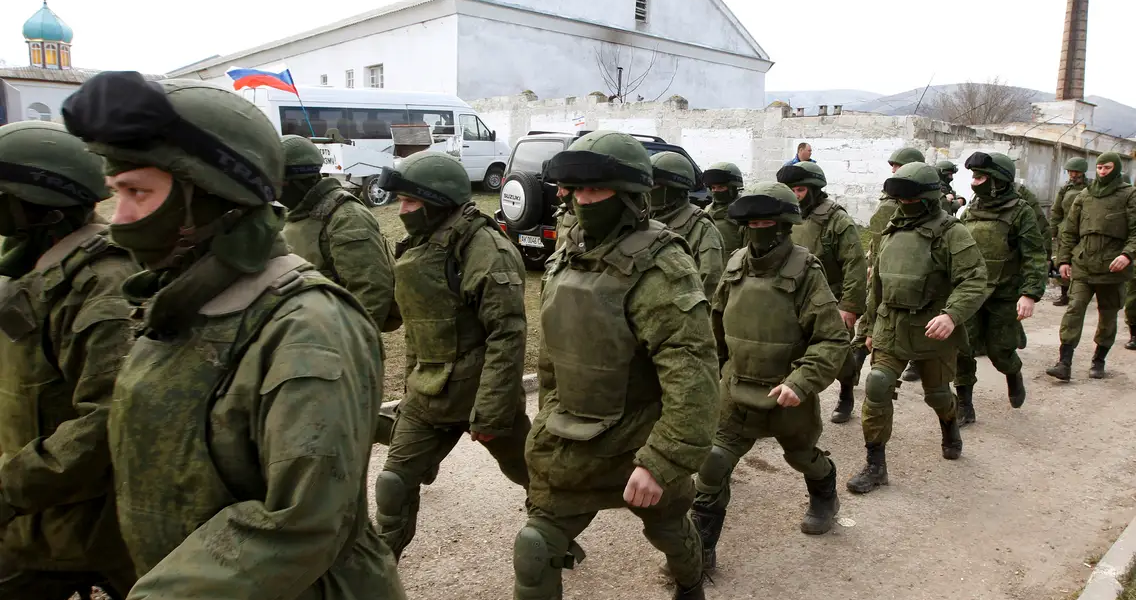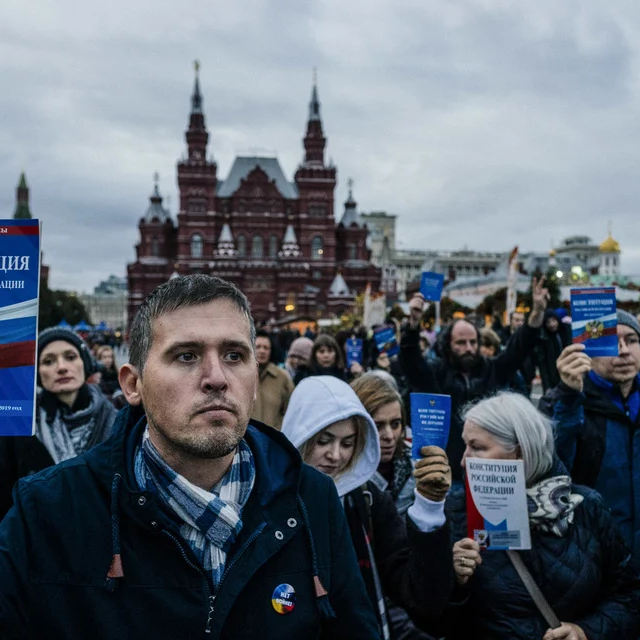Polish ECR MEPs Anna Fotyga and Witold Waszczykowski have labelled recent joint Belarusian and Russian activities around the EU-Belarus border as “hybrid warfare”, also warning against a further worsening of the situation.
During a meeting of the Foreign Affairs Committee of the European Parliament, MEP Anna Fotyga stated that the situation caused by Belarusian attempts to infiltrate the European borders with migrants and combined Belarusian and Russian military actions is extremely dangerous. Ms Fotyga had already warned against such hybrid attacks in the chamber of the European Parliament two months ago. She predicted that the same mechanics responsible for the crisis at the Lithuanian-Belarusian border would sooner or later be transferred to Polish-Belarusian and Latvian-Belarusian borders.
Speaking in the Committee debate in Parliament, Ms Fotyga said: “I already warned that this crisis is extremely dangerous and particularly delicate. Moreover, the Zapad-21 military exercises, prepared and conducted jointly by the general staffs of Belarus and Russia, will begin soon on our frontiers.”
Ms Fotyga pointed out that those military exercises will take place in the immediate vicinity of the Polish border, using scenarios of potential border incidents: “We have the official statements of four prime ministers of the region, including Poland, and we have heard NATO’s concerns. We have to put aside naivety on this issue, because provocations are very likely and incidental cases are proliferating to a new scale as well.”
Ms Fotyga stressed that nuclear strikes were foreseen in the scenarios of previous Zapad exercises: “And this one is quite a special one. Already echelons of Russian troops are coming to the vicinity of the Polish borders.”
Ms Fotyga also referred to the recent visit of UNHCR and the Belarusian Red Cross to Afghans on the Belarusian frontier. “We should ask the UNHCR, instead of following regimes’ statements and propaganda, to investigate the hybrid tools used by the dictator Lukashenka to put pressure on the EU.”
According to Fotyga, these institutions should focus on the use of migrants in Belarus’ hybrid strategy.
“Can we ask the Belarusian Red Cross to investigate the fate of political prisoners, the situation of Andrzej Poczobutt, Andżelika Borys and hundreds of others, instead of engaging in an artificial crisis that is part of next week’s extremely dangerous military manoeuvres?” Fotyga asked in conclusion.
According to MEP Witold Waszczykowski, there is no doubt that the hybrid action against the whole EU is retaliation for the sanctions imposed on Belarus:
Speaking in the Committee, Mr Waszczykowski said: “These activities are well organised, they pay a lot for airline tickets, visas, hotels, and for transport to the borders. We know that about 10,000 people are waiting to be taken through Poland to Germany, Sweden and other countries.”
According to Waszczykowski, the migrants have the full support of Belarus plus medical aid. Mr Waszczykowski stressed that Belarus was relying on Russia’s support to carry out those operations. He also pointed out the fact that Zapad-21 exercises are to be held near Grodno which is inhabited by a large Polish community, representing a form of provocation in itself.
“We need a clear answer from the EU, a discussion at the plenary session and a resolution that will talk about what is happening and call for sanctions,” Mr Waszczykowski concluded.




